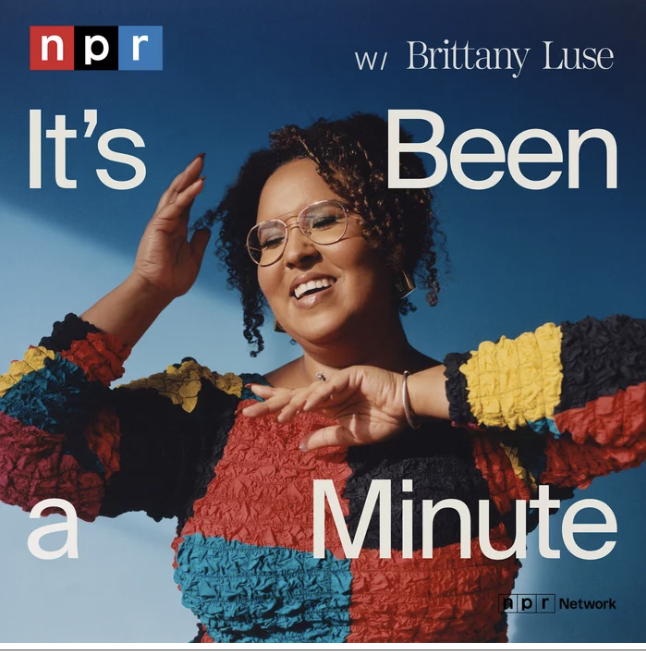Poulomi Saha is Associate Professor of English and co-Director of the Program in Critical Theory at UC Berkeley
A scholar of Asian American literature, postcolonial studies, and queer and feminist theory, I am currently at work on a book about America’s long obsession with Indian spirituality and why so often those groups come to be called cults. Our current cultural investments in yoga and mindfulness actually have a history going all the way back to the early republic. A history limned by scandal, anxiety, and deep longing.
This project is invested in understanding what truly fascinates us about communities and philosophies that offer total belief and total enthrallment-- even and especially as we might claim that we would never ourselves join.
An Empire of Touch
Women's Political Labor and the Fabrication of East Bengal
Columbia University Press, 2019/2020
In today’s world of unequal globalization, Bangladesh has drawn international attention for the spate of factory disasters that have taken the lives of numerous garment workers, mostly young women. The contemporary garment industry—and the labor organizing pushing back—draws on a long history of gendered labor division and exploitation in East Bengal, the historical antecedent of Bangladesh. Yet despite the centrality of women’s labor to anticolonial protest and postcolonial state-building, historiography has struggled with what appears to be its absence from the archive.
Poulomi Saha offers an innovative account of women’s political labor in East Bengal over more than a century, one that suggests new ways to think about textiles and the gendered labors of their making. An Empire of Touch argues that women have articulated—in writing, in political action, in stitching—their own desires in their own terms. They produce narratives beyond women’s empowerment and independence as global and national projects; they refuse critical pronouncements of their own subjugation. Saha follows the historical traces of how women have claimed their own labor, contending that their political commitments are captured in the material objects of their manufacture. Her analysis of the production of historical memory through and by the bodies of women spans British colonialism and American empire, anticolonial nationalism to neoliberal globalization, depicting East Bengal between development economics and postcolonial studies. Through a material account of text and textile, An Empire of Touch crafts a new narrative of gendered political labor under empire.
Recent Media
USC Critical Conversations: On Cults with Poulomi Saha and Guinevere Turner
A conversation between Dr. Poulomi Saha, an Associate Professor of English and co-Director of the Program in Critical Theory at UC Berkeley, and Guinevere Turner, a writer, director and actor who has first-hand experience of growing up in Cults.
NPR It’s Been a Minute: Why do people love cults?
Has it been a minute since you heard a thought-provoking conversation about culture? Brittany Luse wants to help. Each week, she takes the things everyone's talking about and, in conversation with her favorite creators, tastemakers, and experts, gives you new ways to think about them. Beyond the obvious takes. Because culture doesn't happen by accident.
KQED Forum: Why Cults Fascinate Us With UC Berkeley Professor Poulomi Saha
In the last several years, a cult industrial complex has emerged to capitalize on Americans’ fascination with groups such as Jonestown, the Manson Family, the Branch Davidians, and the Rajneeshpuram community in Wasco County, Ore., argues UC Berkeley professor Poulomi Saha.
Berkeley Talks: Why are we so obsessed with cults?
"In this crisis moment, we have a return to desire for overarching meaning, radical acceptance, transformative experience, transcendence," says the UC Berkeley professor of English and co-director of the Program in Critical Theory.
TEDxBerkeley: Indian Spirituality at the Heart of the Early American Republic
Poulomi Saha dives deep into how Indian spirituality is ingrained into early American history. Professor Poulomi Saha, a scholar of postcolonial studies, ethnic American literature, and critical theory, has research and teaching interests that span eastward and forward from the late 19th century decline of British colonial rule in the Indian Ocean through to the Pacific and the rise of American global power and domestic race relations in the 20th century.
Berkeley News: In their course on cults, Poulomi Saha has students look beyond the headlines
In her class, Saha takes a week each to explore different intentional communities, as they prefer to call them, including the Rajneeshis, Peoples Temple, Scientology, Heaven’s Gate and the Manson Family.







